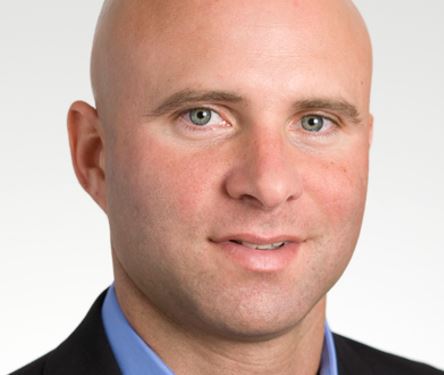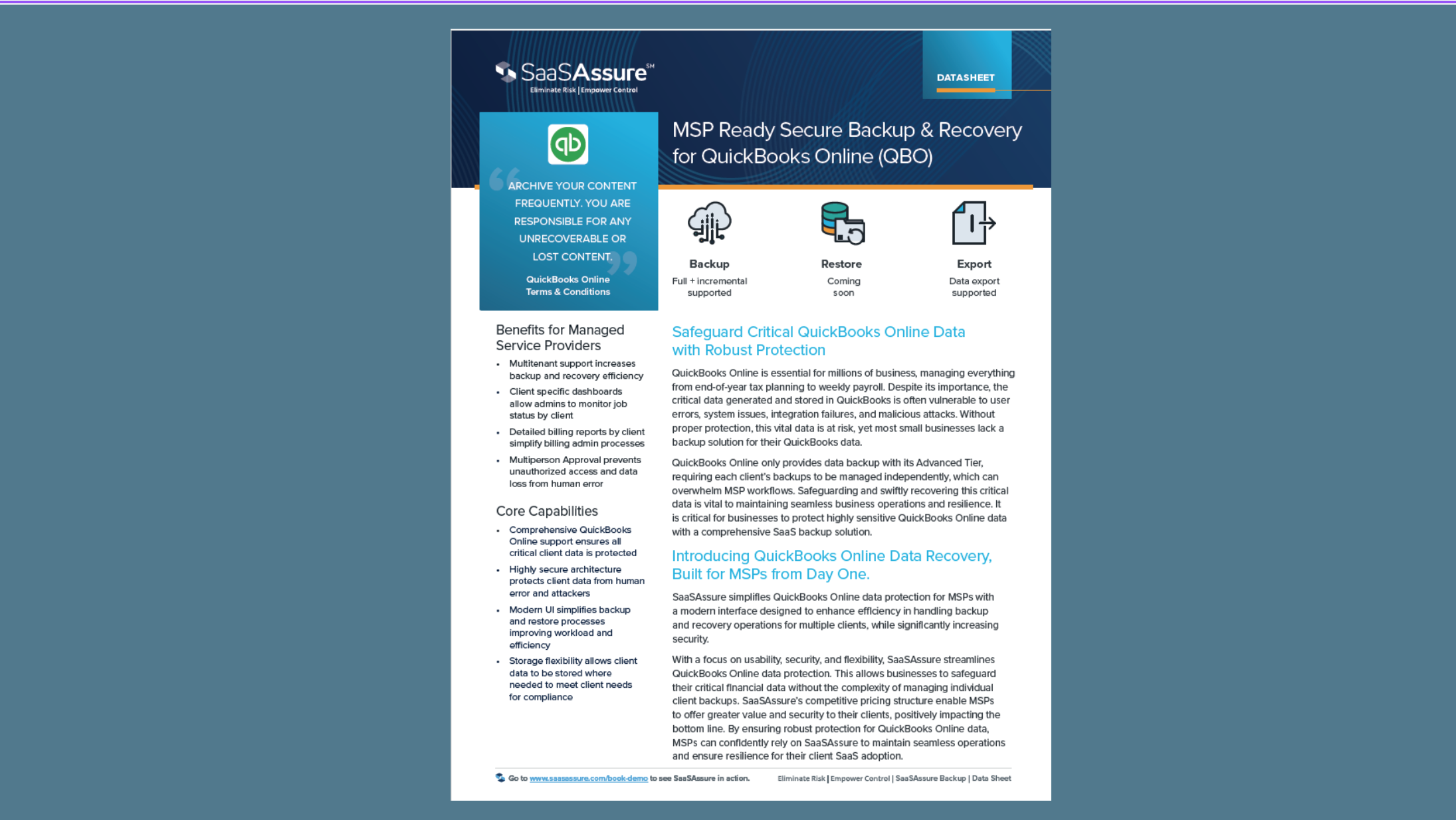Remember February?
Movie theaters were packed. The Dow Jones Industrial Average briefly touched an all-time high. And precisely one American had died from COVID-19, the disease caused by the new coronavirus now plaguing the planet.
“It seems like a lifetime ago at this point,” observes Jim Lippie.
February is also when Lippie, a former MSP who is now general manager and senior vice president for partner development at Kaseya, made a guest appearance on the ChannelPro Weekly podcast to discuss his prediction that regional and national MSPs—with active assistance from private equity investors—were poised to begin leveraging their deep pockets and economies of scale to crowd smaller firms out of the market.
“In the next three to five years, we’re going to see a lot more consolidation,” he said. As a result, he continued, smaller MSPs faced an impending choice: Get big themselves through mergers and acquisitions, get out by selling to private equity or some other buyer, or get specialized in a vertical industry or niche market where margins are high and competition scarce.
That interview was recorded five whole weeks ago, though, when the COVID-19 crisis was only beginning to make itself felt in the U.S. Now, according to Lippie, MSPs have the same strategic options, but far less time to pick one.
“The dynamic is going to shift from the three, four, five years that we were talking about to one to three years,” he told ChannelPro in a follow-up conversation this week.
His reasoning is based on more than just conjecture, moreover. With skyrocketing unemployment and plummeting economy activity set to put many MSPs in financial distress, private equity investors eager to build managed services giants are getting ready to pounce.
“I’ve talked to several private equity firms that are involved in MSP rollups at this point, and they see this as a huge opportunity,” he says. “They see this as a big buying opportunity to get some high-quality businesses at a lower valuation than we saw even two, three, four months ago.”
The implications for IT providers pondering their future in a changed industry, Lippie continues, are clear: “You need to act now.”
Deciding how to act, though, won’t be simple. Lippie advises channel pros to base their choice on an honest assessment of their financial health and business model. Those with a strong balance sheet and steady stream of recurring revenue, he says, will probably have the luxury of settling on a strategy after the worst of the COVID-19 crisis has passed and a longer-term economic picture has come into focus. Especially at a time when many of them are working from home and going all-in on cloud computing, after all, businesses know they can’t afford to be without good IT help.
“Your customers are looking at you almost as a utility,” Lippie observes. MSPs that bill per user may see contract values decline when clients lay off employees, but they’ll continue to have cash flow.
The road ahead could be rockier though, he continues, for VARs and solution providers whose profits come chiefly from project work and hardware sales. Customers that are currently snapping up laptops, webcams, and other remote work gear for their employees will soon start conserving capital and delaying non-essential IT work.
“As that dries up, the margin for error for those [partners] becomes a lot, lot thinner,” Lippie says. Even “hybrid” channel pros who make 50-60% of their money from managed services could be in for trouble, he argues.
“Their entire revenue base has to be at least 70% recurring,” Lippie says. “That’s the only way for an MSP to truly insulate themselves from downturns like this.”
With that in mind, Lippie encourages channel pros to examine their present-day book of business. How much of it produces recurring revenue? How many of your clients are likely to be in business six or nine months from now? Of those companies, how many are likely to have fewer users or devices for you to support? Is it realistic to expect new projects or hardware sales during that period? How much cash do you have on hand, and how much credit?
“Then you can start to kind of look at a time horizon and model out how long can I go, how long can I weather the storm?” Lippie says. “That will help you determine at that point which direction you should go in.” If your short-term prospects look bleak, it may be time to start speaking with potential buyers before the market becomes saturated with would-be sellers. If not, waiting until conditions stabilize and a clearer sense for what lies ahead emerges before making a choice could be wise. Just don’t assume time is on your side, Lippie warns, because it isn’t.
“Because of the dynamic of people just not having a strong enough cash position to make it through this, we’ll see, unfortunately, more businesses than we anticipated go out of business in 2020, all kind of culminating in more consolidation a lot quicker than we originally talked about,” he warns.













